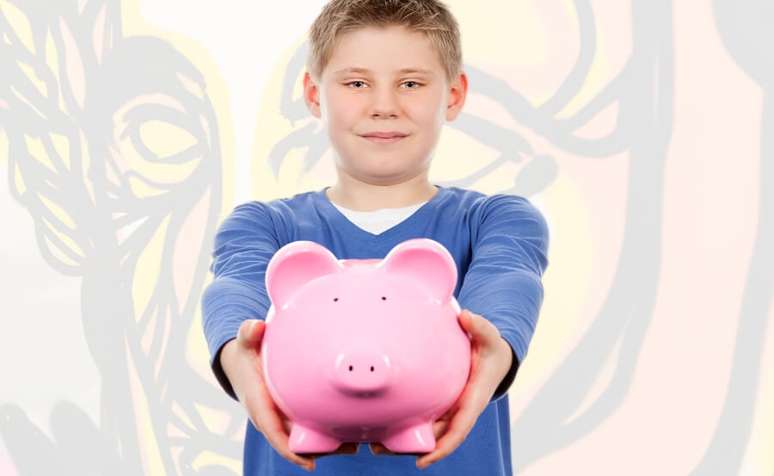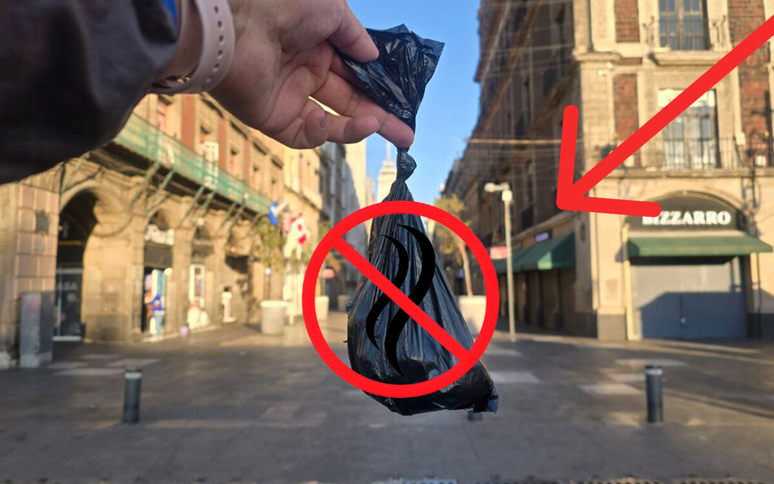Suggestions include trips to the supermarket, with planning and learning
Summary
Colégio Marista Criciúma encourages children aged 8 to 9 to practice financial skills through a product purchasing activity in a stationery shop, with the aim of strengthening mathematical learning and developing skills for the financial future of the most little ones.
How old were you when you learned the value of money? Teaching children about finances from an early age is essential to their development. One effective way to do this is through allowances, which allow them to learn how to save, spend wisely and even invest.
Third grade students at Colégio Marista Criciúma elementary school, aged 8 to 9, already practice these skills in math lessons. With R$10 in hand, they visited a stationery shop already prepared for the activity.
According to Amanda Medeiros Nunes, a mathematics teacher at Colégio Marista Criciúma, children could choose products of different values and quantities, to practice choosing, adding and other calculations involved in the process.
“The objective of the activity was to put knowledge about the monetary system into practice by challenging children to solve real problem situations involving calculations and finance,” he explains.
This hands-on approach aims not only to strengthen mathematical learning, but also to develop essential life skills in students. Additionally, it is important for parents to set an example by showing how they manage their finances. This early financial education can have a positive impact on children’s financial future.
Financial management from an early age
Discover 5 tips to encourage financial management in children from an early age:
• Make the shopping list together. Before going shopping, making a list of what you need to buy at the supermarket helps you organize and save money. Including the child in this process helps him understand the goals of the purchase.
• Set a budget. To understand the value of money, a good exercise is to work with a budget. They can stipulate that afternoon coffee is R$20 or R$30, for example. At the bakery we see what we can buy with that amount. This encourages mathematics, financial management, price analysis and other essential life skills.
• Analyze the tax slip. Upon returning from the supermarket, the family can analyze the purchase voucher together, see how much was spent on each item, the value ratio of each product, the amount, whether there was a discount, etc.
• Manage impulse purchases. Who hasn’t wanted an extra treat when buying food, right? But when things get out of hand, it can become a problem. One solution is to include the item in your next shopping list and manage your budget by considering this item.
• Repeat the shopping process as a family. Including children in this routine of shopping lists, market visits and budget management is essential so that they learn from an early age to have a positive and healthy relationship with finances. The more they practice, the better they will be at deciding what and how to buy.
inspires transformation in the world of work, in business, in society. Compass, a content and connection agency, is born.
Source: Terra
Ben Stock is a lifestyle journalist and author at Gossipify. He writes about topics such as health, wellness, travel, food and home decor. He provides practical advice and inspiration to improve well-being, keeps readers up to date with latest lifestyle news and trends, known for his engaging writing style, in-depth analysis and unique perspectives.





![Plus Belle La Vie Adher: That’s what you expect on Tuesday, July 22, Tuesday, July 22, 381 episode [SPOILERS] Plus Belle La Vie Adher: That’s what you expect on Tuesday, July 22, Tuesday, July 22, 381 episode [SPOILERS]](https://fr.web.img4.acsta.net/img/08/3f/083f99a673a3911098f530af30a36af3.jpg)


